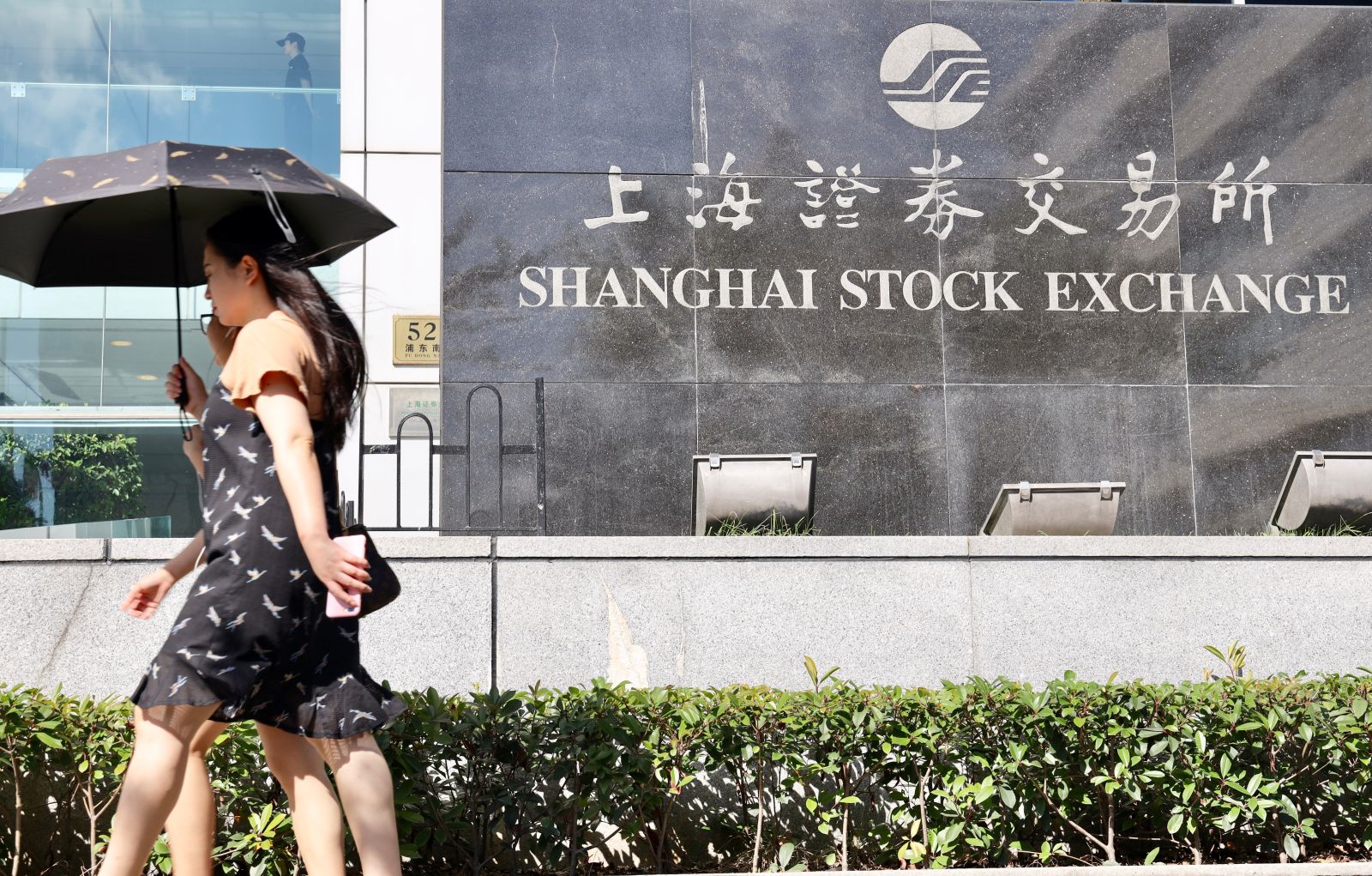
After years of underperforming pretty much every other stock market on the planet, China is back - and in a big way. Chinese stocks have soared 25% quicker than you can say “bull market” (about 5 trading days).
This is all thanks to a massive economic stimulus package revelation recently, which sent Chinese stocks to their best week since 2008.
China Fires Its Stimulus Bazooka
There had been doubts on Wall Street about the lengths the Chinese government would go to revive its economy. Now, those doubts have disappeared.
The monetary stimulus campaign unveiled by Pan Gongsheng, governor of the People’s Bank of China (the PBOC, China’s answer to the Fed), surprised the doubters. The stimulus policy involved lower rates, lower reserve requirements for banks, as well as direct support for both the stock market and for mortgages in China’s plunging real estate market.
The announcement of 800 billion yuan ($113 billion) to support the domestic stock market in a “stock stabilization fund” started the avalanche of buy orders in Chinese stocks. This move looks a heck of a lot like a “Fed put,” in which traders assume the central bank will jump to the stock market’s rescue in times of trouble.
In addition, the Politburo - headed by President Xi Jinping - held a rare unscheduled meeting and then made an announcement that effectively amplified the monetary policy stimulus announced by the central bank earlier. Officials pledged massive action to make the real estate market “stop declining.”
Other wording in the statement from the Politburo showed that Xi gets China’s crucial need is to prod consumers to start buying stuff again. This suggests that some old-fashioned Keynesian stimulus will be coming soon to boost demand.
It seems that China is determined not to allow either housing or stock prices to fall further, which removes a big tail risk from global markets. It also looks as though it will have a serious go at putting life back into its economy, which would bolster the chances of a “soft landing” globally.
And so far, China has done a good job of Western-style messaging that has revived Western confidence, as foreign money is returning to Chinese stocks.
One of those jumping into China is billionaire investor David Tepper, who is buying “everything” related to China – ETFs, futures, stocks. That’s what the Appaloosa Management founder says he’s doing right now to take advantage as Beijing unleashes a range of stimulus. Speaking on CNBC, he said major Chinese names offer “single-digit PE multiples with double-digit growth.”
What’s Next?
I think Winnie Wu, equity strategist at Bank of America, got it right when she told the Financial Times, “We can’t dismiss this as the same old policy. This is the first time that the government is encouraging leveraged investment in the stock market. A liquidity-leveraged rally should still have significant room to go.”
And for certain, the amount of stimulus to come is large. Leading economists in China think the country has room to ramp up fiscal support for the economy by issuing as much as 10 trillion yuan ($1.4 trillion) in special debt!
I believe we’ve seen a clear turning point for the Chinese stock markets, as investor confidence has largely been restored. However, follow-through measures on the fiscal side will be critical to convincing foreign investors to change their longer-term negative views.
Keep in mind that - before the recent explosive rally - many foreign fund managers were underweight on China. A monthly survey of global fund managers by Bank of America showed that, in September, being short or negative on Chinese stocks was the second-most crowded trade in the world, behind buying the so-called “Magnificent Seven” tech stocks.
And, as happens quite often in markets, the “crowd” was wrong again.
Buy KWEB
The sentiment on China is already changing. KraneShares CSI China Internet ETF (KWEB), the largest China-focused, U.S.-listed exchange traded fund (ETF) by assets, reported $408 million in net inflows last week, the biggest since June 2022.
Investors had pulled $4.2 billion out of U.S.-domiciled China, Hong Kong, and Taiwan stock ETFs and mutual funds from the start of 2024 until the end of August, according to Morningstar data.
But now, when you see that Xi Jinping gets involved, you know there will be “unlimited support” for the Chinese stock market for the foreseeable future.
At the moment, there's too much of a disconnect between what Chinese stock valuations are pricing in and that quickly improving policy narrative.
In addition, mainland Chinese investors - for over a decade - could NOT buy stock in some of the Chinese technology giants like Alibaba (BABA). But as of Sept. 10, 2024, Alibaba’s Hong Kong-listed shares became available for trading in the Stock Connect, a market access program between the mainland exchanges (Shanghai and Shenzhen) and the Hong Kong Stock Exchange. That should give China’s technology stocks a further boost as mainland investors pile in.
Buy KWEB on the expected pullback in price in the next few days. It’s currently around $37.








